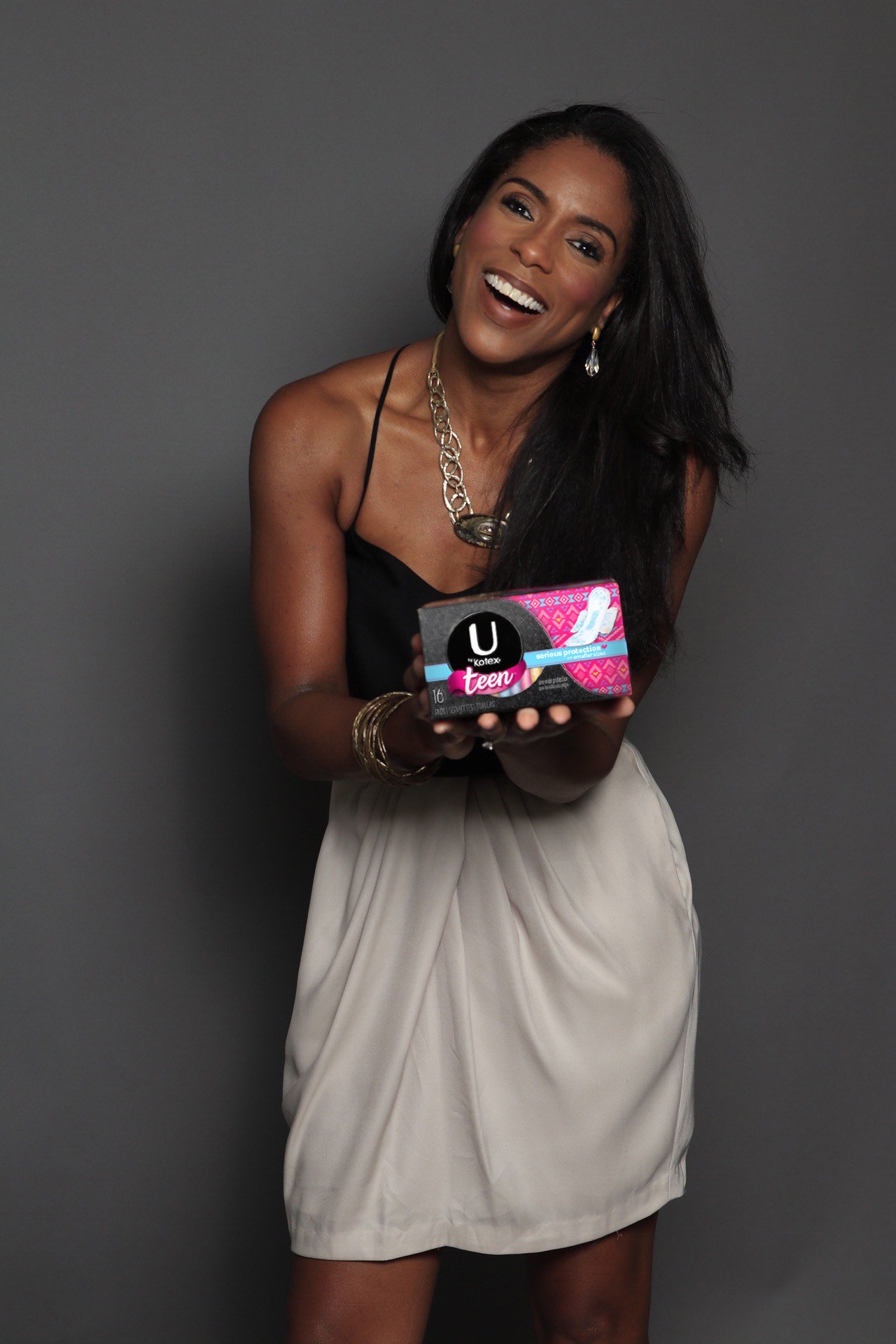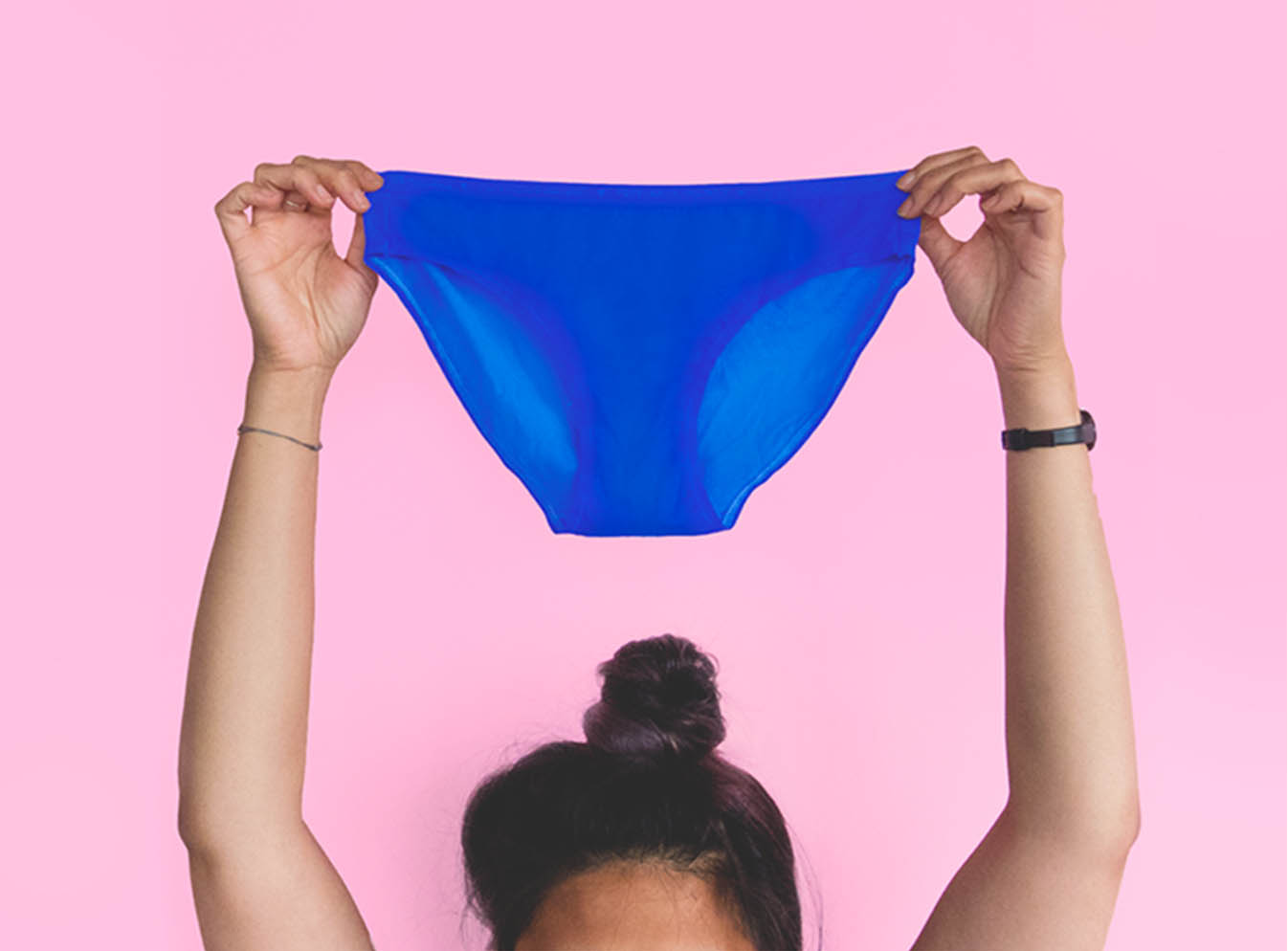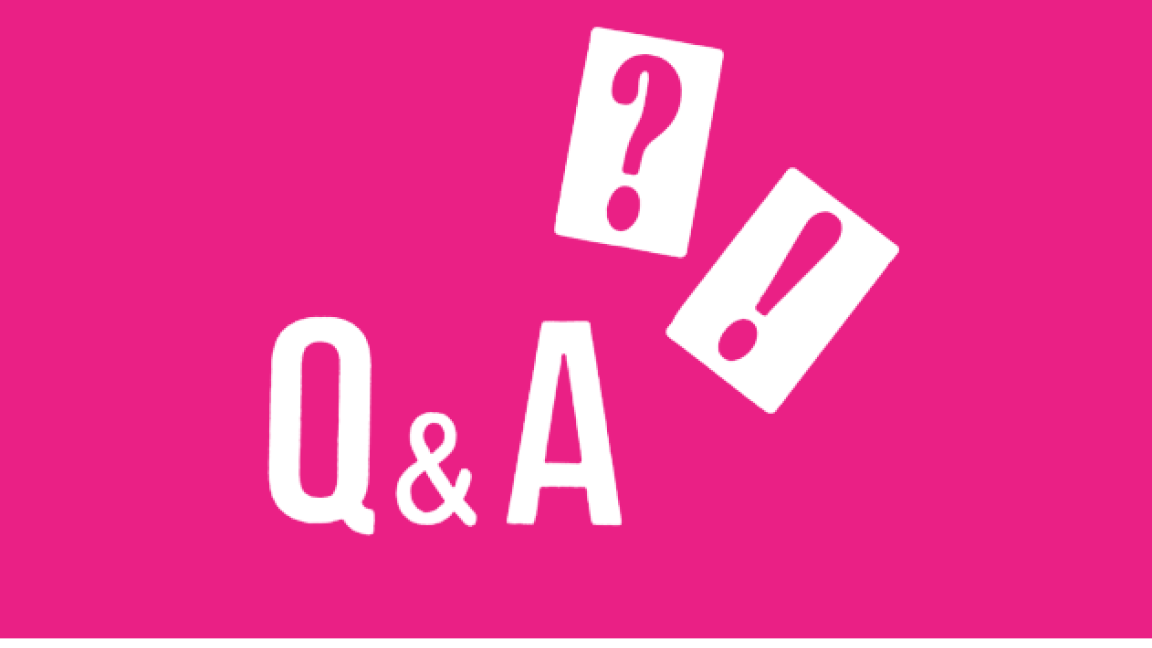How to Prepare for Your First Period
How to Prepare for Your First Period
Getting your first period can be exciting, nerve-wracking and confusing all at once. No matter which combination of emotions you’re feeling, there’s no need to worry!
Getting your first period can be exciting, nerve-wracking and confusing all at once. No matter which combination of emotions you’re feeling, what you’re experiencing is a normal part of puberty, and there’s no need to worry! With some background on what’s really happening with your body, you’ll approach your first period like a pro. If you have questions about your period, don’t be afraid to ask the menstruators in your life. Talking openly about periods can help normalize the experience and remind you that your friends and family are here to support you!
Signs of a First Period
Typically, people get their periods between ages 12 and 14 (though this just an average range!), and there’s no way to know exactly when your first period will come. However, there are certain body changes you can look out for, which are signs your period is coming soon:
- Breasts: The first sign of puberty you’ll likely notice on your body is changes to your breast size and shape. Two to three years before your first period, the small bumps around your nipples will become raised. The area around your nipples will also become darker and take on a more “puffed out” appearance.
- Pubic hair: Most people will experience pubic hair growth after they notice breast development. However, don’t worry if your body is the other way around, or you don’t see much pubic hair growth right away! Underarm hair usually starts to grow around the time you get your first period or a few years after.
- Body changes: As you get older, there will be plenty of growth spurts your body will undergo. Your body’s fastest growth spurt usually occurs about six months to a year before menstruation begins. During this time, different parts around your body will get rounder, such as your hips widening.
- Vaginal fluid: If you see a thin, whitish liquid on your underwear shortly after your breasts begin to grow, that is vaginal discharge – also normal and nothing to be concerned about. As your hormones fluctuate, vaginal fluid may look different from day-to-day. Get to know what’s normal for you, and most importantly, avoid using harsh chemicals to try and “clean” your discharge. If it’s heavy, don’t be scared to wear a liner!
Be prepared with a first period kit
If you’re nervous about the exact time and day your period will come, make a kit to put in your backpack or purse, so you’re never without the products you need! Some ideas of what to include in your kit are:
What happens on your period
It’s not uncommon to experience some discomforting symptoms such as breast tenderness, diarrhea or nausea, cramping in your lower abdomen, leg pain, hip pain, dizziness and lower backache. You also may get cramping without a period, which can signal that it’s about to begin. You can use a heating pad on those areas giving you discomfort or take an over-the-counter pain relief medication to manage the pain.
Exercise and diet can help in managing any digestive changes during your period as well. For diet, I recommend drinking plenty of water, aiming for three servings of dairy each day and minimizing “junk” food intake.
Wear a liner on your light days, and a pad on your heavier days to start. And how often should you change your pads or liners? Change pads and liners often (whenever they feel moist) to help prevent vaginal yeast infections. Wearing liners while menstruating is one of the top ways to avoid a future yeast infections. Also, don’t feel like you need to put in a tampon right away! Get used to the feeling of having your period first before learning to insert a tampon.
How long do periods last?
The first time you get your period, it can last between two to seven days, and it will likely be light with a brownish color.
Most people have a 28-day cycle, which means there are 28 days from the first day of one period to the first day of the next. If your cycle is shorter or longer (21-35 days), that’s okay, too. You might also find that the first few years after getting your period will consist of irregular cycles and some spotting. It might take time for your body to find its rhythm, but you should notice a pattern as you get older. I recommend everyone using a period tracker to calculate your period until your cycle regulates. If you feel like something is off, always ask your doctor for your advice – no question is too obvious.
How do you know when your period is ending?
You’ll know your period is finished when the blood stops, in about 5-7 days. You may have light brown discharge for the final few days, so use a liner on your lighter days. It’s also common to have lower back pain or cramps at the end of your cycle.
During your period, one of the most important things to remember is that you shouldn’t put your life on hold or let it hold you back! Menstruators have periods from 9-53 on average. If you think about it, that’s a long time and a big part of your life. Find ways to talk about it openly and find ways to make it useful (quality of life needs to stay the same: hang out with friends, workouts).
About Dr. Jessica Shepherd: Dr. Jessica Shepherd is an OB/GYN, women's health expert and the founder of Her Viewpoint, an online women's health forum that focuses on addressing taboo topics in a comfortable setting. She currently practices at Baylor University Medical Center in Dallas, TX.



